Migration is one of world’s biggest crises. What USF plans to do about it.
BY ISN STAFF | February 3, 2016
Lois Ann Lorentzen is Professor of Theology and Religious Studies at the University of San Francisco. In her guest post today, she explains why USF is launching an innovative new master’s degree in Migration Studies this fall, a program that has been two years in the making. Editor’s note: This piece first appeared in AJCU Connections.
Migration: The Global Challenge
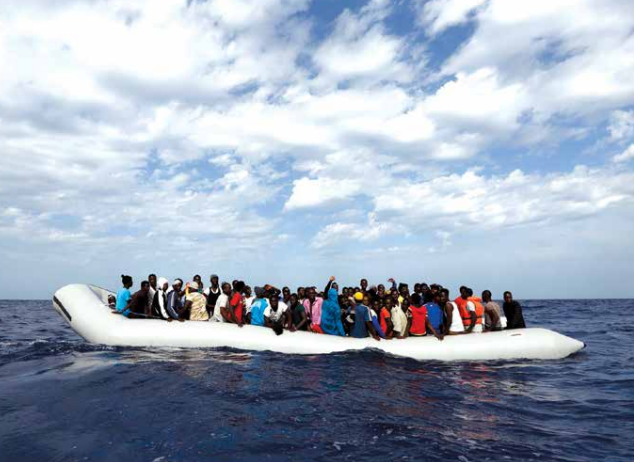
Migration is one of the most critical issues facing the global community in the 21st century, with more than 230 million people living outside of their home country.
As we are reminded daily by the European migrant crisis, the global migration challenge knows no borders and is growing. Over 700,000 migrants have entered Europe since January 2015, fleeing violence in Syria, Afghanistan and Northern Africa. Worldwide, more than 230 million people live outside their home countries, making international migration one of the most critical issues facing the global community in the 21st century.
The Society of Jesus has been focused on this challenge for some time. Rev. Peter-Hans Kolvenbach, S.J., former Superior General of the Society of Jesus, included service to migrants as one of five global apostolic preferences in a 2003 letter to the Society. A few years later, in 2007, attendees at the Jesuit General Congregation 35 strongly agreed as they reaffirmed, “that attending to the needs of migrants, including refugees, internally displaced, and trafficked people, continue to be an apostolic preference of the Society” (GC 35, V, 39.).
Jesuit, Catholic Responses
Today, Jesuit institutions, parishes, and schools in the United States share this global commitment to migrants. The Jesuit Conference of Canada and the United States proclaims, “The Jesuits of the United States have made a longstanding commitment to serve and walk with migrants from their countries of origin and in the United States.” The need for this commitment in the U.S. alone is clear considering that thirty-six million U.S. residents are foreign born; of that number, eleven million are undocumented, living in a shadow land of fear and insecurity. Jesuits in the U.S. advocate for comprehensive immigration reform on their behalf. In 2013, Jesuit Provincials sent letters to every member of Congress, as well as to President Obama, calling for immigration reform that included due process, transparency in the immigration enforcement system, a pathway to citizenship for the undocumented, passage for the DREAM Act, and support for family reunification. The Jesuit Conference and Jesuit Refugee Service/USA have also partnered with the U.S. Conference of Catholic Bishops’ “Justice for Immigrants” program, a campaign that advocates for comprehensive immigration reform.
The Jesuits in Mexico and the United States (California Province and Jesuit Refugee Service/USA) heeded the call of the Catholic Bishops of Mexico and the U.S. as expressed in their pastoral letter, Strangers No Longer: Together on the Journey of Hope, by founding (along with the Missionary Sisters of the Eucharist, the Diocese of Tucson, and the Archdiocese of Hermosillo) the bi-national Kino Border Initiative (KBI). Located in Nogales, Arizona and Nogales, Mexico, KBI provides direct humanitarian assistance to migrants, offers social and pastoral education with communities on both sides of the border, and participates in research and advocacy to change immigration policies.
USF Program to Build Understanding and Support
In keeping with these responses, the University of San Francisco (USF) has created, in collaboration with the Jesuit university in Mexico City (Universidad Iberoamericana), a unique academic program to train professionals and researchers on the many perspectives involved in understanding migration and supporting the personal, social, legal and spiritual needs of migrants and refugees. USF’s Master in Migration Studies is unique not only because of its interdisciplinary approach, but because it involves continuous field experiences with migrants.
The program pays particular, but not exclusive, attention to migration from Mexico and Central America. Mexicans make up roughly half of all unauthorized migrants to the U.S. In addition, half a million Central Americans cross Mexico annually, many of them making the dangerous journey north on top of a train known as “la Bestia.” The new USF program will benefit from Jesuit programs in support of migrants in Mexico, Central America, the U.S. and other parts of the world. For example, the Jesuit Service for Migrants in Mexico was founded in 2002 to address the urgent needs of migrants within Mexico, and several Jesuit groups staff comedores (food distribution centers) and shelters along the migrant route as well as the country’s northern and southern borders.
The aforementioned Strangers No Longer report called for understanding of the root causes of migration. The need for migration professionals knowledgeable in theory, skilled in practical application, and grounded in Jesuit values of social justice and community engagement has never been higher. In the new master’s program designed by the two Jesuit universities, students will study global migration with top researchers, professors, project practitioners and policy makers in both San Francisco and Mexico City to prepare them to develop humane migration policies, to provide support services to migrant communities, and to lead non-governmental organizations, as well as national and international agencies.
Fieldwork, internships and immersion experiences will take place in Mexico, Central America and other countries through the global Jesuit network of over 250 Jesuit universities and service agencies. As Fr. Kolvenbach hoped, the students in the program will “…let the gritty reality of this world into their lives, so they can learn to feel it, think about it critically, respond to its suffering and engage it constructively.”
The Master in Migration Studies will prepare professionals to meet the needs of migrants and refugees. As former Jesuit Superior General Rev. Pedro Arrupe, S.J. envisioned, these professionals will change the world by being “women and men for others.”
For more information on the Master in Migration Studies at USF, please click here.

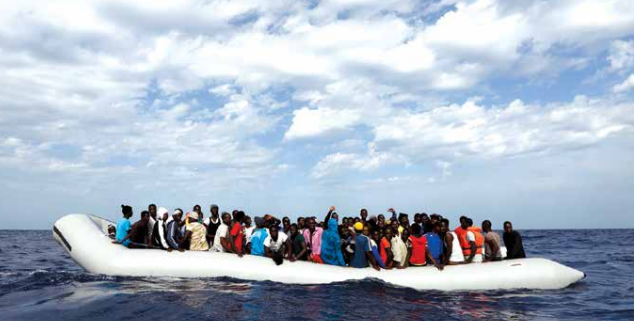
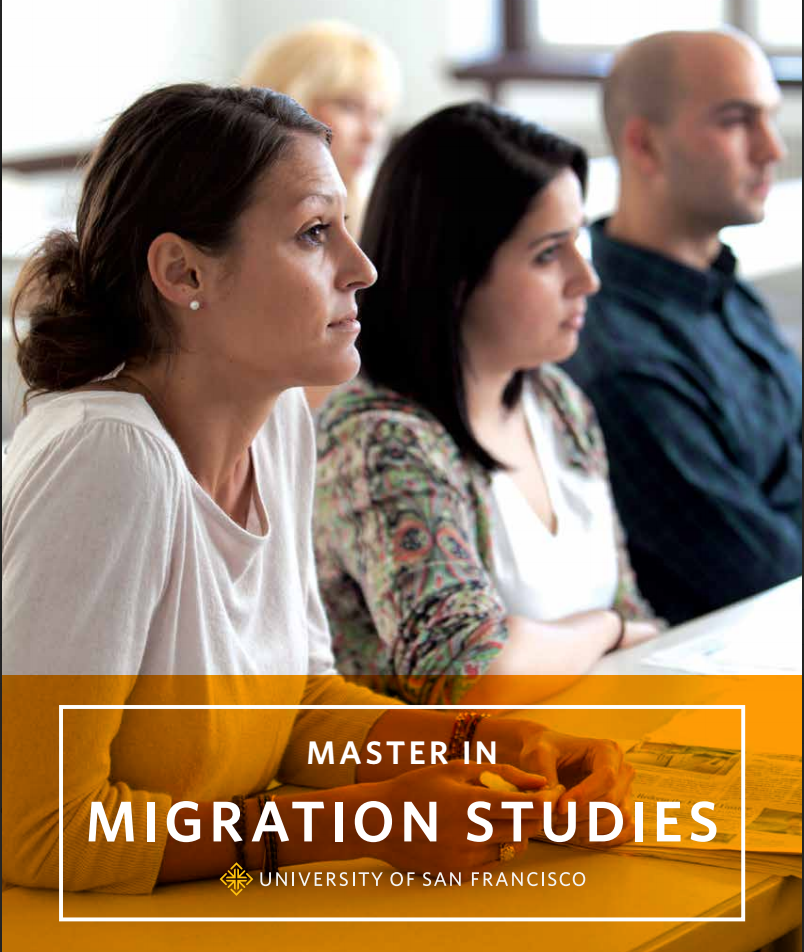


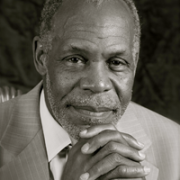

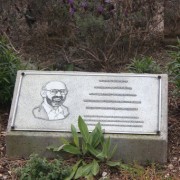
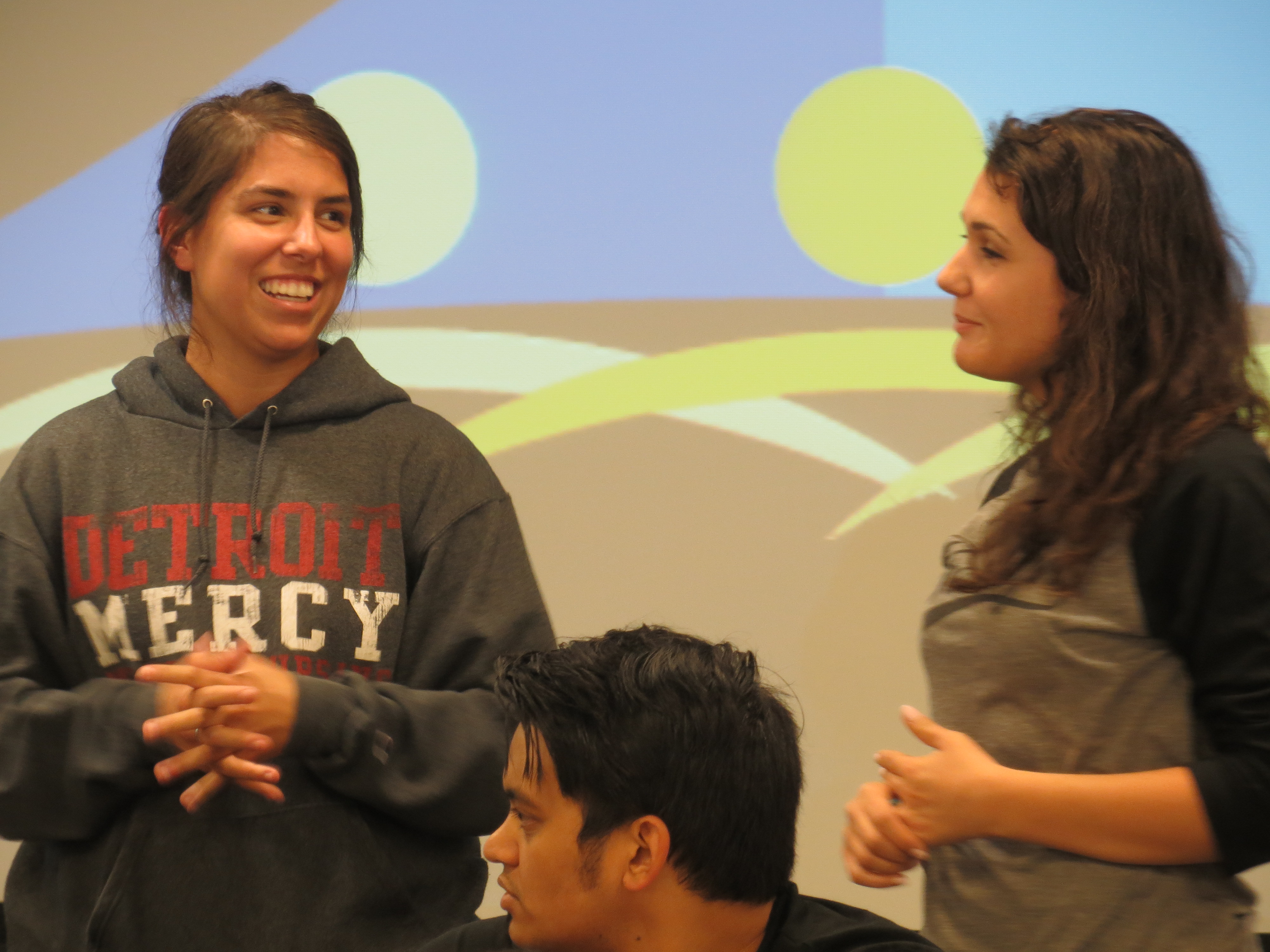


Leave a Reply
Want to join the discussion?Feel free to contribute!